Couples Rehab in Scioto County, Ohio
Rekindle the Flame: A Guide to Couples Rehab in Scioto County, Ohio
Struggling with addiction can strain even the strongest relationships. In Scioto County, Ohio, couples facing this challenge don’t have to navigate recovery alone. Couples rehab offers a path towards healing, fostering a supportive environment to address addiction while strengthening the bond you share. Locate the top-rated couples rehab centers in Ohio by contacting our helpline and speak with a recovery specialist now.

This comprehensive guide explores couples rehab in Scioto County, empowering you with the knowledge to make informed decisions for your relationship’s future.
Why Couples Rehab?
Traditional addiction treatment programs primarily focus on individual recovery. Couples rehab goes beyond that, acknowledging the unique challenges faced by partners struggling with addiction. It addresses the impact substance abuse has on your relationship dynamics, equipping you with tools to tackle recovery as a team.
This approach offers numerous benefits:
- Improved Communication: Couples therapy fosters open and honest communication, a cornerstone of a healthy relationship.
- Relapse Prevention: By addressing the underlying reasons for addiction on both individual and relational levels, couples rehab can significantly reduce the risk of relapse.
- Shared Recovery Journey: Couples rehab fosters a sense of accountability and support, motivating both partners to stay committed to sobriety.
- Stronger Relationship: Overcoming addiction together strengthens your bond and builds a foundation for a healthier future.
Finding the Right Couples Rehab Center in Scioto County
With commitment and the right program, couples rehab in Scioto County can help you rewrite your story. Here’s how to find the perfect fit:
- Identify Your Needs: Consider the level of intensity required. Do you need an inpatient program with 24/7 care, or would an outpatient program work better for your situation?
- Research and Compare Options: Explore rehab facilities in Scioto County. Visit their websites, read reviews, and don’t hesitate to reach out with questions about their programs, amenities, and success rates.
- Insurance Coverage: Verify if your insurance covers couples rehab treatment in Ohio. Many facilities offer payment options and can help navigate insurance complexities.
- Trust Your Gut: Choose a program where you feel comfortable and confident. A supportive environment and experienced professionals are crucial to your success.
Types of Couples Rehab Programs Available
Inpatient (Residential) Programs:
Inpatient programs offer a structured, supportive environment where you reside at the facility for the program duration. This intensive approach provides 24/7 care, eliminating triggers from your daily life.
Outpatient Programs:
Outpatient programs allow you to live at home while attending therapy and support groups at the rehab center. This option can be suitable for couples with stable living situations and strong support networks.
What to Expect in Couples Rehab
Couples rehab programs typically incorporate several key elements:
- Intake and Assessment: This initial evaluation helps tailor a treatment plan addressing your individual needs and relationship dynamics.
- Individual Therapy: Individual sessions provide a safe space to explore personal experiences with addiction, develop coping mechanisms, and address underlying causes.
- Couples Counseling: Therapists will guide you through communication skills training, conflict resolution strategies, and rebuilding trust.
- Group Therapy: Sharing experiences in group therapy settings offers valuable insights and promotes a sense of community with others facing similar challenges.
- Educational Workshops: These sessions equip you with knowledge about addiction, relapse prevention strategies, and healthy relationship dynamics.
- Relapse Prevention Planning: Developing a comprehensive plan with your therapist helps you navigate triggers and challenges on the path to continued sobriety.
- Holistic Activities: Stress-reduction techniques like yoga, meditation, or mindfulness practices can be integrated to promote overall well-being.
Beyond Couples Rehab: Maintaining Recovery
Couples rehab is a transformative experience, but recovery is an ongoing process. Here are some tips to maintain progress after treatment:
- Continue Individual and Couples Therapy: Ongoing therapy sessions can help you further address relationship issues and develop healthy coping mechanisms.
- Attend Support Groups: Support groups provide a safe space to connect with others on a similar path, share experiences, and offer encouragement.
- Practice Healthy Communication: Communication is key. Continue practicing the skills learned in couples therapy to maintain a strong and open relationship.
- Develop Healthy Activities: Engage in joint activities you both enjoy. This could be exercise classes, pursuing hobbies, or spending time outdoors.
- Celebrate Milestones: Acknowledge and celebrate your achievements, big or small, on the road to recovery.
- Be Patient and Supportive: Recovery takes time. There may be setbacks along the way. Be patient and supportive with each other, offering unwavering support throughout the process.
Expert Insights on Couples Rehab
Dr. Michael Wright, a renowned addiction specialist, emphasizes the power of couples rehab:
“Couples rehab offers a unique opportunity for partners to heal together. It fosters accountability, strengthens communication, and equips couples with the tools to navigate challenges as a team. This can significantly increase the chances of long-term sobriety for both individuals and ultimately lead to a stronger, more fulfilling relationship.”
Scioto County Resources for Couples Rehab
While there may not be rehab centers specifically designated for couples in Scioto County, several reputable facilities offer addiction treatment programs suitable for couples. Here are some resources to get you started:
- BrightView Portsmouth Treatment Center: offers medication-assisted treatment (MAT) and a range of evidence-based therapies for individuals struggling with addiction. While not specifically couples-focused, their program can be tailored to support partners in recovery.
- The Counseling Center: provides individual and family therapy, along with addiction treatment services. They can be a valuable resource for couples seeking guidance and support.
- Cardinal Treatment Center: offers outpatient treatment programs for addiction, with a focus on individualized care. Contacting them directly can offer insights into their approach and how it might benefit couples.
National Resources for Couples Rehab
- The National Institute on Drug Abuse (NIDA): https://www.nih.gov/about-nih/what-we-do/nih-almanac/national-institute-drug-abuse-nida provides a wealth of information on substance abuse and addiction treatment, including a section on family and couples approaches.
- The Substance Abuse and Mental Health Services Administration (SAMHSA): https://www.samhsa.gov/ offers a National Helpline (1-800-662-HELP) for confidential information and treatment referral services for substance abuse and mental health disorders.
- The National Council on Alcoholism and Drug Dependence (NCADD): https://www.ncadd.org/ offers resources and support for individuals and families struggling with addiction. Their website includes information on couples rehab options.
Taking the First Step: Reaching Out for Help
If you and your partner are struggling with addiction in Scioto County, know that you are not alone. Couples rehab offers a path towards a brighter future. Here’s how to get started:
- Contact Couples Rehab: Explore the Couples Rehab website ([insert website address]) to learn more about their programs and philosophy. They can connect you with resources in your area or nationwide.
- Call the SAMHSA National Helpline: 1-800-662-HELP. This confidential hotline can provide information and connect you with treatment options in Scioto County or nearby.
- Research Local Rehab Centers: Reach out to the previously mentioned facilities (BrightView Portsmouth Treatment Center, The Counseling Center, Cardinal Treatment Center) or others you find online. Ask questions about their program structure, specialties, and suitability for couples seeking treatment.
Remember, recovery is possible. With courage, support, and the right resources, you and your partner can overcome addiction and create a stronger, healthier relationship built on love and understanding.
Top FAQ’s for Couples Rehab Scioto County, Ohio
1. Are there couples rehab centers in Scioto County, Ohio?
There may not be facilities specifically designed for couples rehab in Scioto County. However, several reputable centers offer addiction treatment programs that can be adapted for couples.
2. What rehab centers in Scioto County accept couples for addiction treatment?
Here are some Scioto County rehab centers that offer addiction treatment programs potentially suitable for couples:
- TheRecover: https://therecover.com/couples-rehab/
- Couples Rehab: https://couplesrehab.com/about/
- Cardinal Treatment Center: https://couplesrehabs.org/
3. What kind of treatment can couples expect in Scioto County rehab centers?
These centers offer various therapies that can be adapted for couples, including individual therapy, couples counseling, medication-assisted treatment (MAT), and relapse prevention planning.
4. Is couples rehab effective for overcoming addiction in Scioto County, Ohio?
Couples rehab can be highly effective. It addresses the impact of addiction on your relationship and equips you with tools to support each other’s recovery journey.
5. How much does couples rehab cost in Scioto County, Ohio?
Costs vary depending on the program type, length of stay, and amenities offered. Contact the rehab centers directly for specific pricing information. Some insurances may cover the cost.
6. What if my insurance doesn’t cover couples rehab in Scioto County?
Many rehab centers offer payment options or can help you find financing solutions. Explore their websites or contact them directly for details.
7. What are some resources to help me find couples rehab outside Scioto County?
The National Institute on Drug Abuse (NIDA) offers resources on family and couples approaches to addiction treatment: https://www.nih.gov/about-nih/what-we-do/nih-almanac/national-institute-drug-abuse-nida
8. Is there a confidential helpline for couples struggling with addiction in Ohio?
The SAMHSA National Helpline offers confidential information and treatment referral services: 1-800-662-HELP.
9. What are some tips for choosing a couples rehab program in Ohio?
Consider the level of intensity needed (inpatient or outpatient), your budget, and whether the program offers amenities and specialties that suit your needs.
10. What happens after couples rehab in Scioto County or elsewhere in Ohio?
Following rehab, ongoing support is crucial. Consider attending therapy sessions, joining support groups, and practicing healthy communication skills to maintain recovery as a couple.




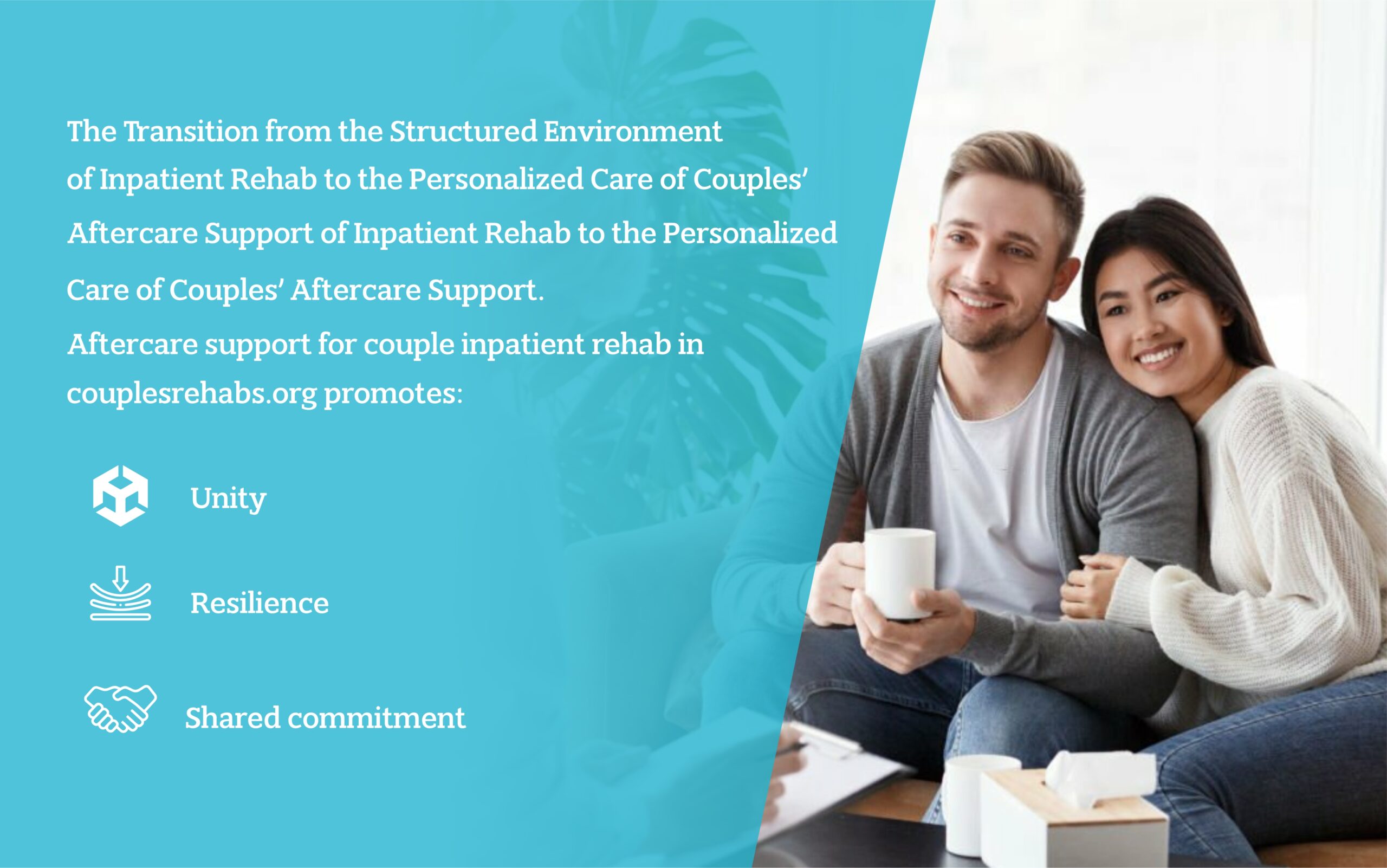
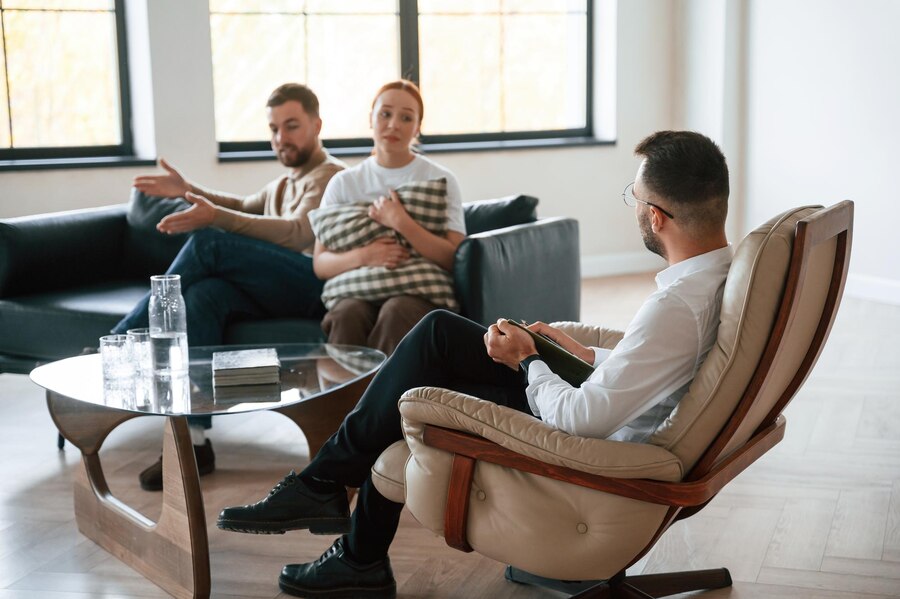
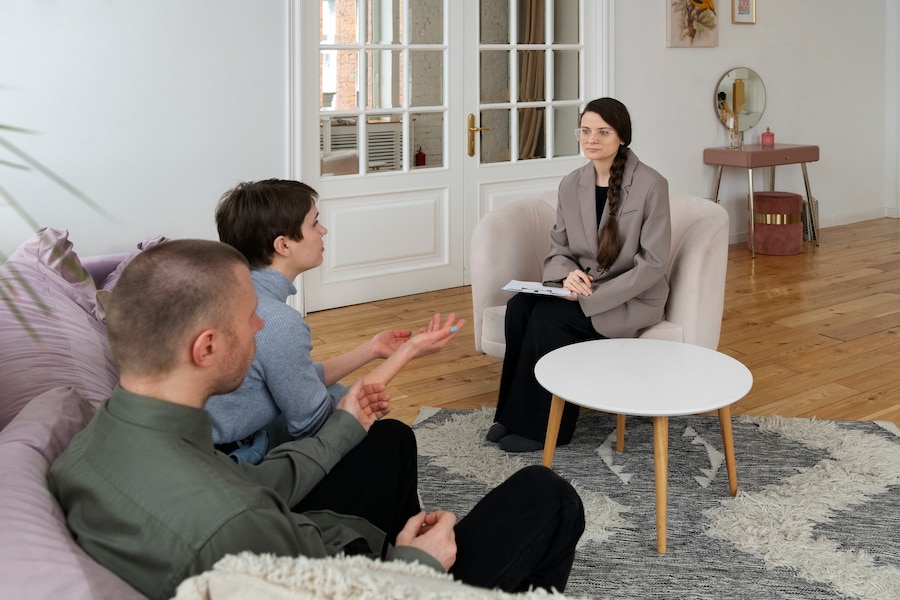

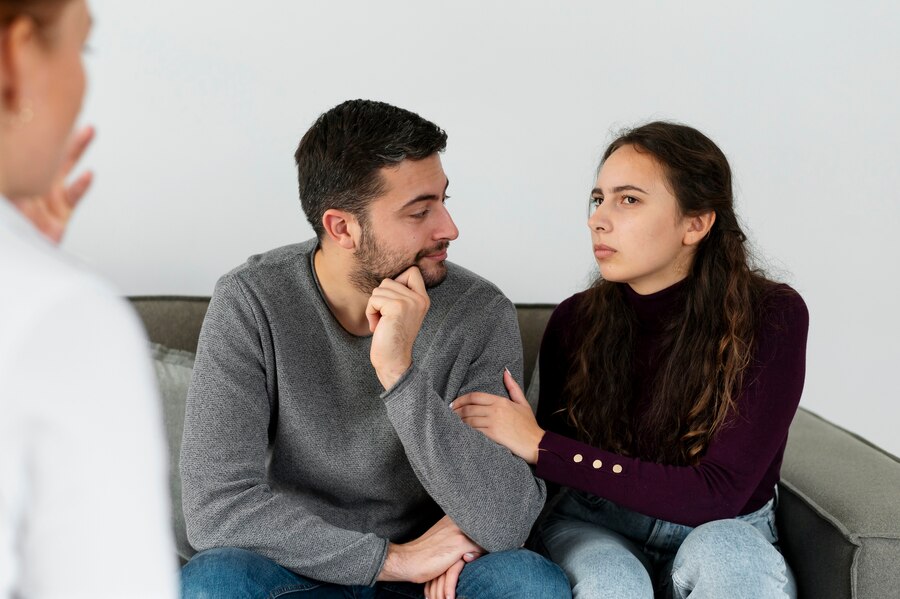
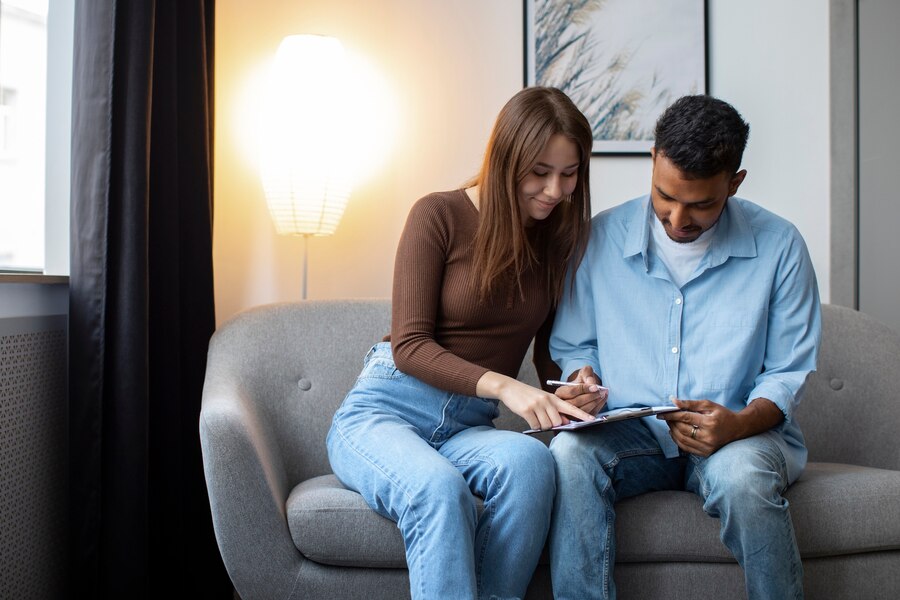
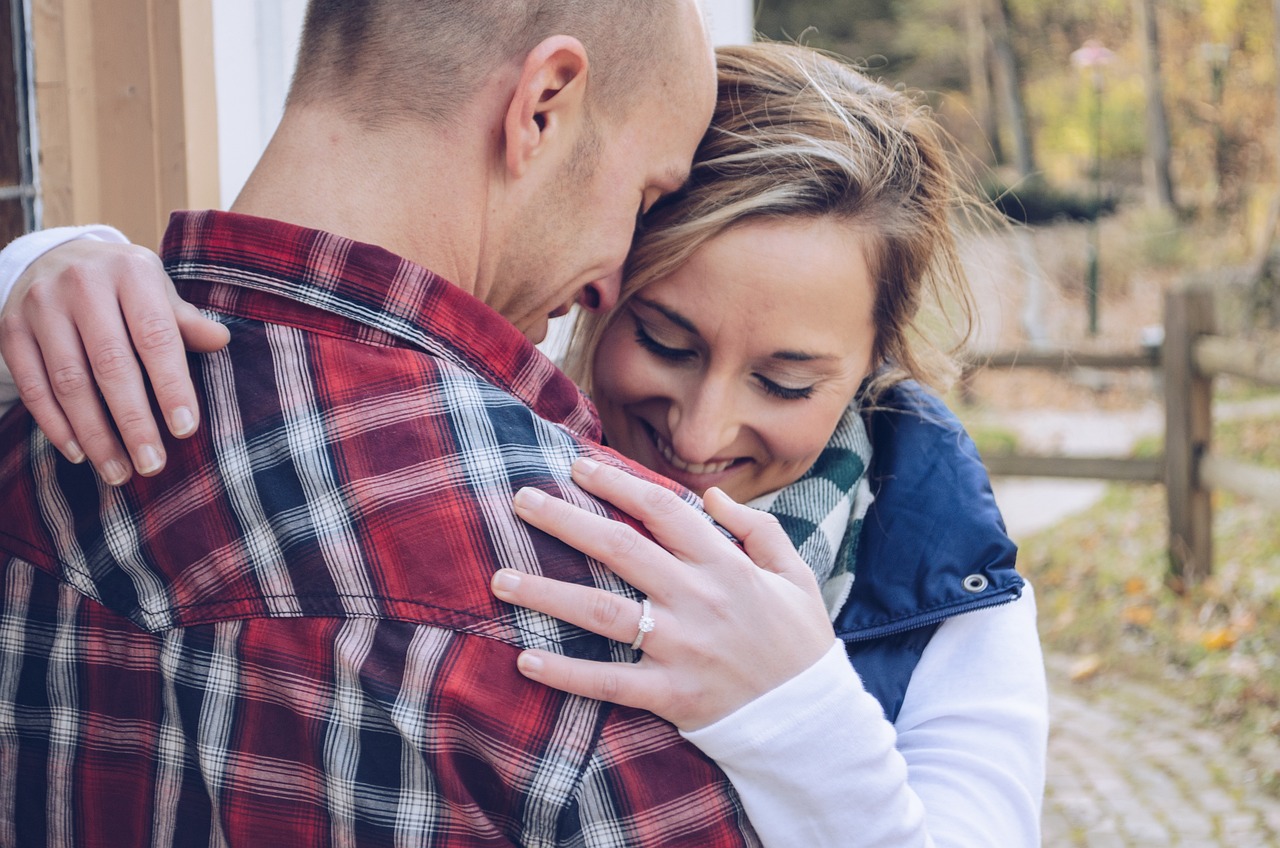

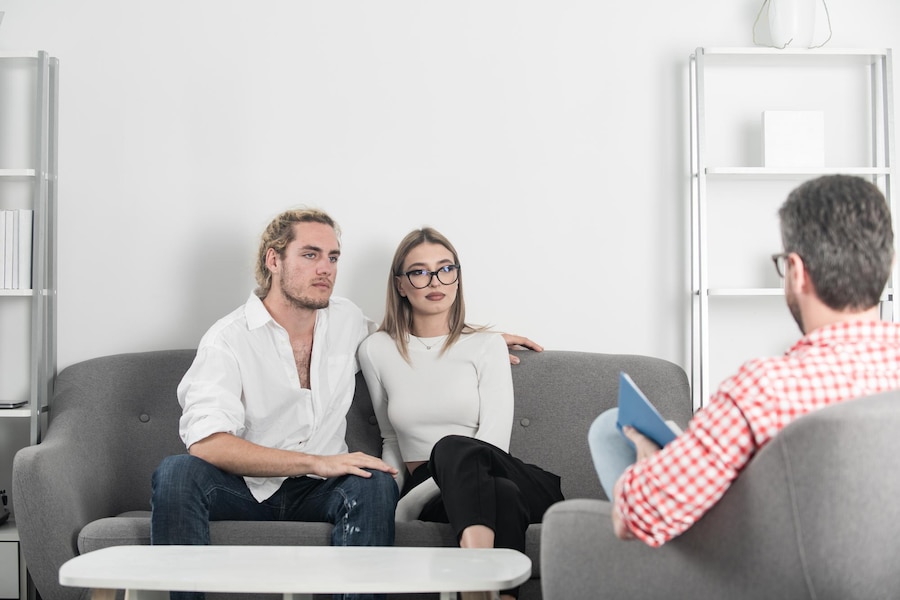


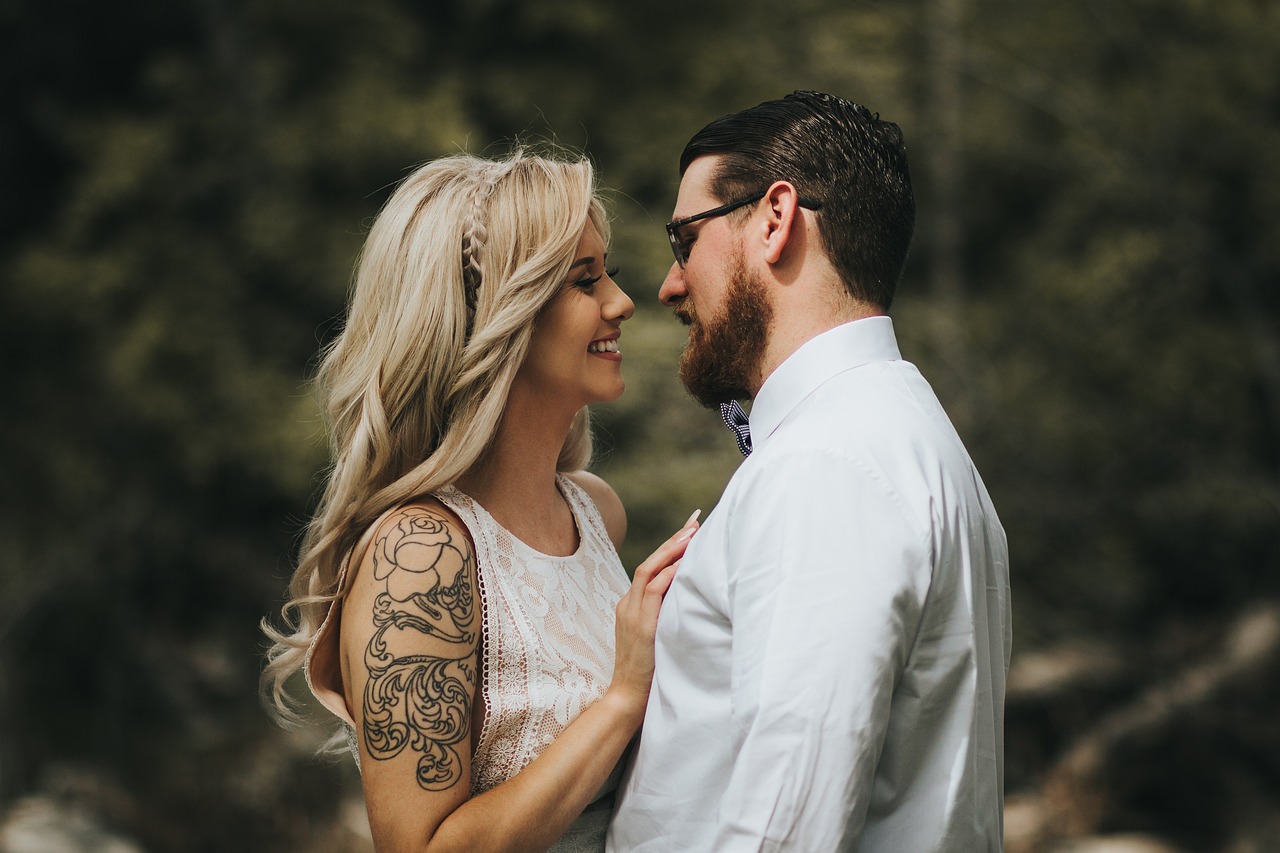
Recent Comments